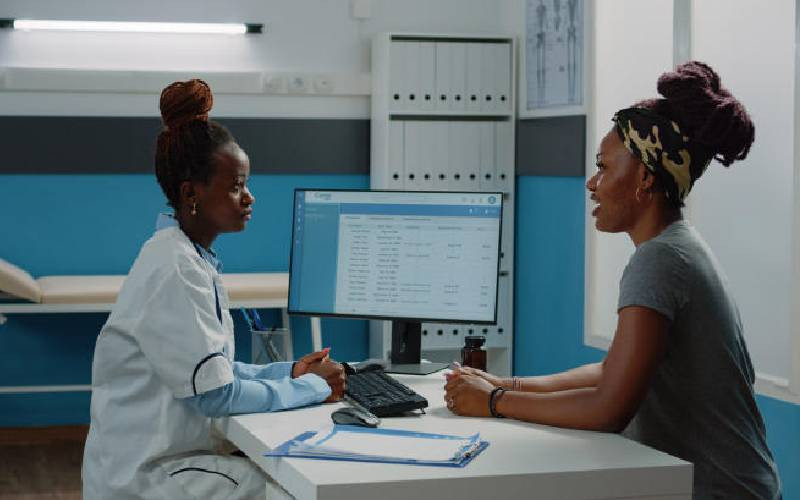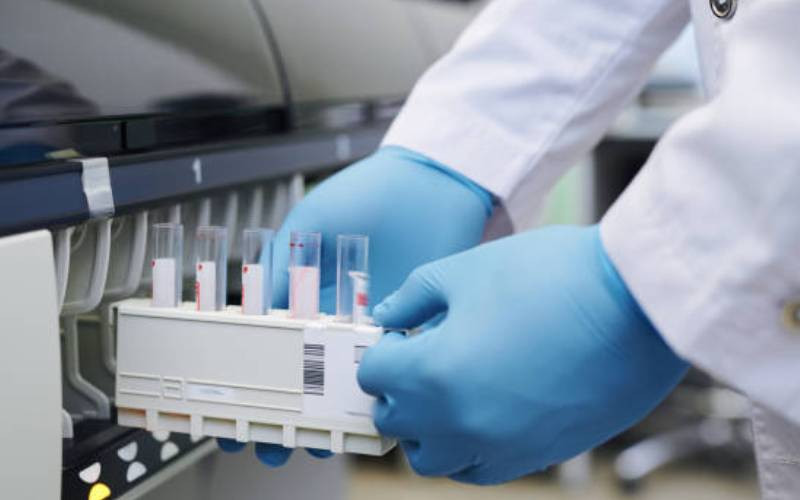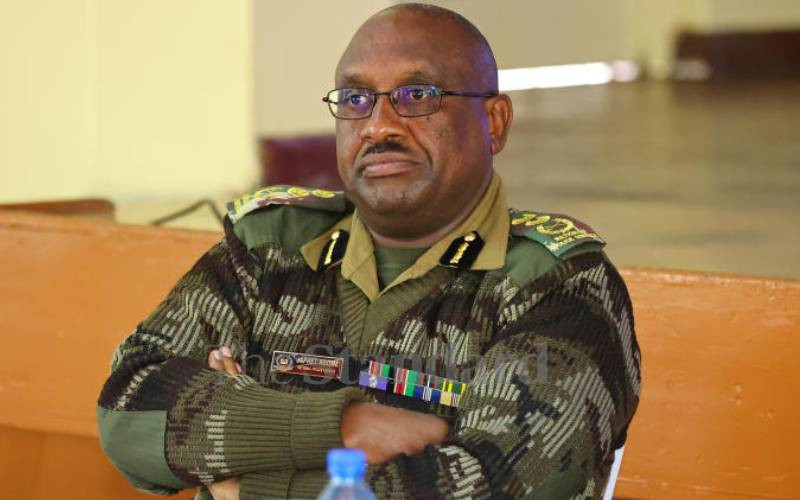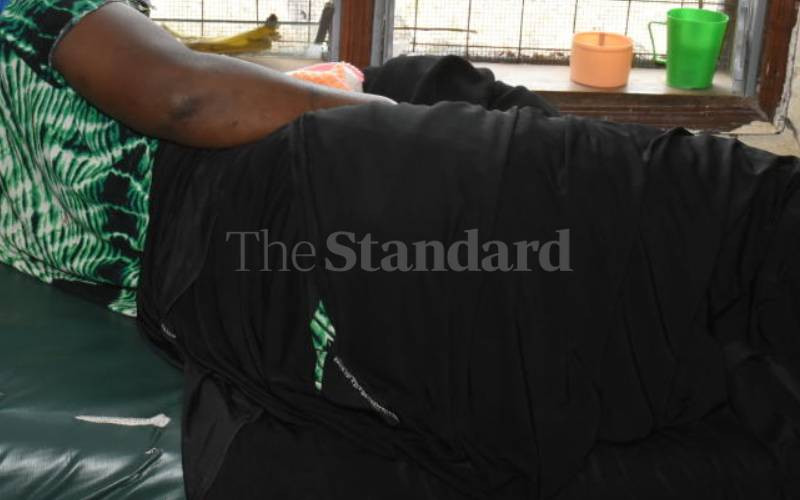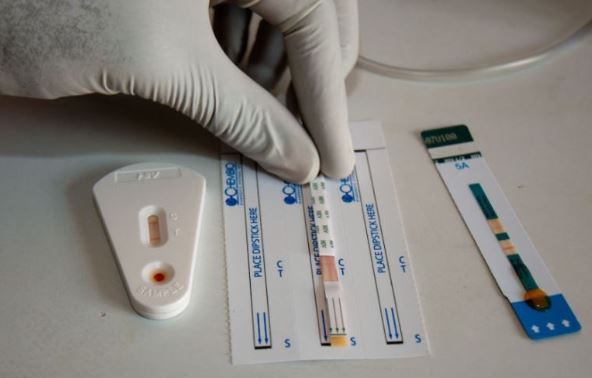
Two US state agencies have acknowledged inaccurate HIV tests in Kenya and several African countries.
The United States Agency for International Development (USAID) and the Centres for Disease Control and Prevention, (CDC), however say the inaccuracies are few with minimal effects on affected populations.
The US agencies have reacted to reports by the charity group; Médecins sans Frontières (MSF) showing dominant HIV kits used in Kenya and four other African countries had failed crucial quality tests.
In a detailed rejoinder published two weeks ago the USsays it has reanalysed the data against its own in the mentioned project areas and concluded the inaccuracies are not significant.
The MSF report, which had caused a stir in the global health community last year said seven of eight dominant HIV Rapid Diagnostic Tests (RDTs) had failed to meet crucial World Health Organisation (WHO) threshold.
The study had said the kits used in Kenya, Guinea, Uganda, Cameroon, and the Democratic Republic of Congo had failed the tests despite having been certified by WHO.
“Most kits performed more poorly than in WHO evaluations, with only one test (STAT-PAK) meeting the recommended thresholds,” lead author Cara S Kosack of MSF told the Saturday Standard last year when this newspaper broke the story.
MSF had undertaken the evaluation after finding cases of HIV misdiagnosis in their programmes in the five countries; areas where US agencies also support Aids projects.
The evaluation was also carried out at a time WHO and partners had cited increasing cases of HIV misdiagnosis, reaching up to 10.5 per cent in some African countries.
“The US President’s Emergency Plan for AIDS Relief (PEPFAR) works in five of the sites analysed in the MSF study,” says the US response published on August 31 2018 in the Journal of the International AIDS Society. The response, which the authors declare as a USgovernment work, says they have analysed the initial MSF data alongside their own information in the five sites.
“The evaluation shows some variation in diagnostic accuracy of the kits (algorithms), but this has only a very small population-level effect,” the Americans have concluded.
Though playing down the magnitude of inaccuracies, the Americans however acknowledged that consequences of any HIV misdiagnoses ‘are serious, to affected individuals and health systems.’
While a representative of the Africa Union from Addis Ababa was involved in the US analysis, none of the five African governments has ever publicly responded to the MSF findings. Our efforts to get a response from the Director of Medical Services Dr Jackson Kioko went answered.
But last year Dr Kioko defended the kits: “Let me clearly state that all health products in this country are duly evaluated and registered before they are adopted in the national diagnostic and treatment protocols,” he said.
Meanwhile, the Americans say while it may not be possible to eliminate all inaccuracies they can be reduced.
“PEPFAR recommends that all countries use WHO pre-qualified RDTs within the recommended strategies and directions for HIV testing.”
Since the MSF study, the situation has changed in Kenya with the government having introduced self-testing HIVkits.
 The Standard Group Plc is a multi-media organization with investments in media platforms spanning newspaper print
operations, television, radio broadcasting, digital and online services. The Standard Group is recognized as a
leading multi-media house in Kenya with a key influence in matters of national and international interest.
The Standard Group Plc is a multi-media organization with investments in media platforms spanning newspaper print
operations, television, radio broadcasting, digital and online services. The Standard Group is recognized as a
leading multi-media house in Kenya with a key influence in matters of national and international interest.

